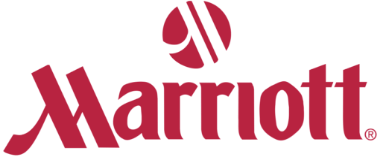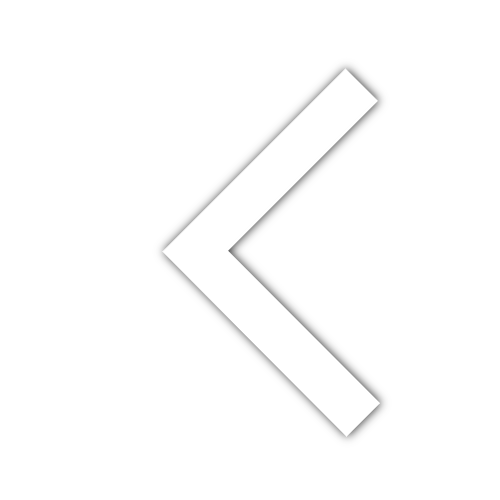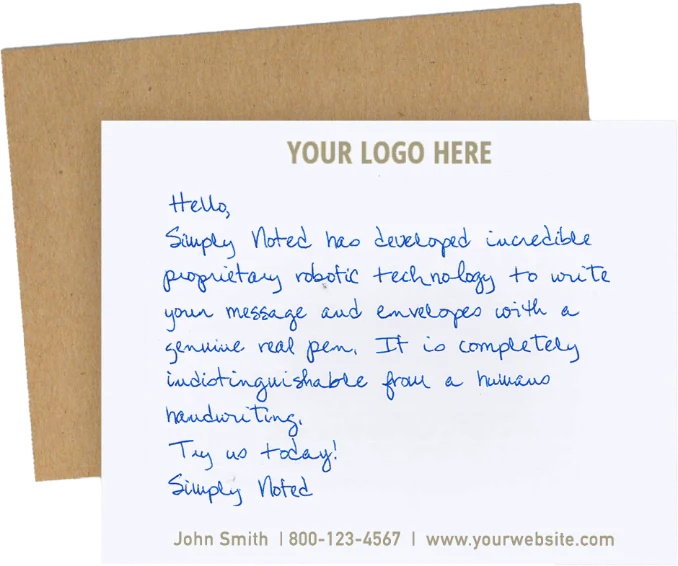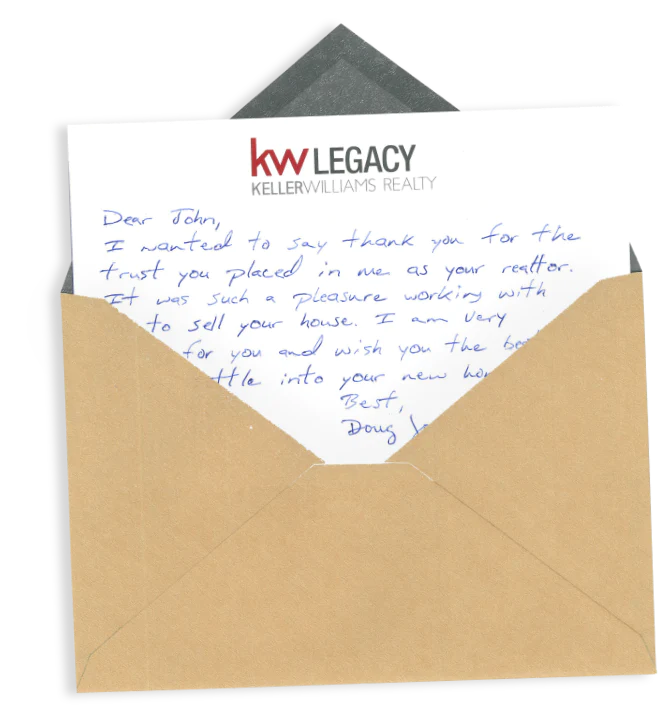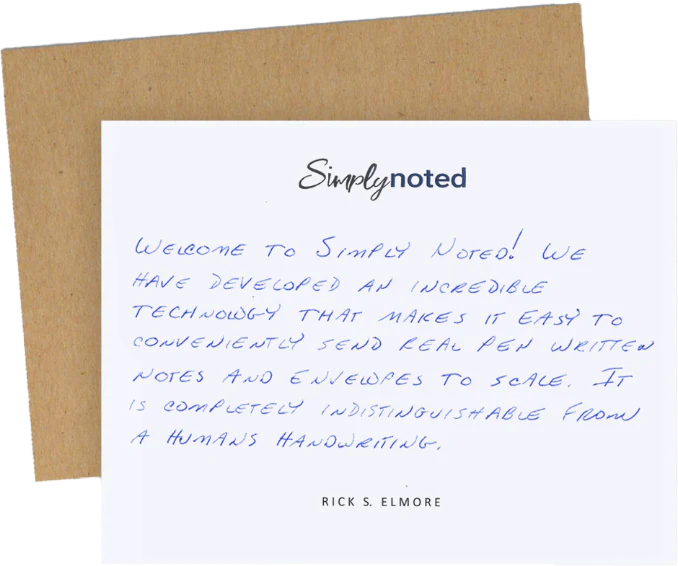How Do Salespeople Create Differentiation | 5 Best Tips

Differentiation is most often associated with marketing. It’s a marketer’s job to create a strong voice in the marketplace, which usually involves differentiating your products from your competitors. But salespeople, whether they realize it or not, also engage in differentiation.
In sales, differentiating your product occurs on a more personal level. Unlike marketers who are trying to distinguish their products for large demographic groups, salespeople have the chance to tailor the distinctions they make to the individual they’re pitching. This means the differentiation salespeople engage in goes much deeper than their marketing counterparts.
So how do salespeople create differentiation? Read on for five of our favorite tips, along with ideas you can use today to start better defining your products and services throughout the sales process.
SEE ALSO: How to be Great at Sales
BUILD DIFFERENTIATION OFF OF YOUR PROSPECT’S EXPERIENCES
Some salespeople simply rattle off talking points about what makes their product or service different. These generic sales points might not interest prospects because they don’t consider the prospect’s individual experiences. It’s always better to differentiate against what the customer thinks they know, not what you think they should know.
Before you begin your sales pitch, ask what your prospect already knows about you, your industry, and competitors. Learn their experience with other offerings in the marketplace. If they’ve tried other products, what did they like and dislike about them? What would they have changed if they could?
Once you understand your prospect’s unique perspective, you can adjust your differentiating features to better target the areas that concern them.

GIVE YOUR KNOWLEDGE AND TIME AWAY FOR FREE
Differentiation often involves adding value. That’s because your widget might not be all that different from your competition’s. It’s everything you offer, along with your product or service, that makes the difference.
Your knowledge and time are two things you have in plentiful supply. Add these to your sales offerings to drive higher conversions. Make sure your prospects know that you’re willing to do anything to help them. Offer your time to consult with them on their needs. Examine their business objectives to see how your offerings can make a positive impact. Work to answer any objections or concerns as quickly and thoroughly as possible.
Your margins might be slim, making sales discounts difficult. Instead, add extra value by helping your prospects make the most informed decision they can. Be willing to admit when your offerings aren’t the best solution. You might lose some business being honest with your prospects in this way, but you’ll win more business than you’ll lose, and the business you land will be more resilient to poaching because of the trust you established.
SEE ALSO: How to Incorporate Empathy Into Sales
BE THE DIFFERENCE YOU’RE SELLING
Salespeople are most prospect’s first point of contact with a company. The way you handle yourself reflects on the product or service you’re attempting to sell. This provides an opportunity to differentiate your offerings by differentiating yourself.
Determine what personality traits are most important to your target market and then engage them on the highest level possible. If your prospects need a responsive company that’s available at a moment’s notice, then approach your sales process that way. Be as responsive as possible, and ensure that there’s always someone available to answer questions.
When you successfully differentiate yourself from other salespeople in the marketplace, your brand will come along for the ride.
SEE ALSO: 10 Sales Enablement Strategies to Drive More Business

CREATE SCARCITY
When something is scarce, it’s more valuable. That’s why when demand outstrips supply, prices go up. But scarcity doesn’t necessarily involve quantity. You could also make certain features scarce, meaning they’re only available with your product. Time-bound discounts also create scarcity; if you tell customers they can get an additional 10% off as long as they order by the end of the day, you’ve built meaningful scarcity.
Anything that’s only available for a limited time, in limited quantities, or from a specific source is a scant resource that drives additional value and creates differentiation.
DITCH MEANINGLESS SUPERLATIVES
It’s tempting to tell people that your company is the best, but what does that mean? Surely your competition is saying the same thing. Superlatives are mostly hot air. Telling someone that your offerings are the best isn’t nearly as powerful as having your prospect discover it themselves.
Instead of telling your prospects your the best, show them. Let them use your service for free for a limited time. Offer them hard data that proves you’re better than your competition. Gather customer testimonials to provide social proof of your claims.
If your offerings genuinely are the best, that fact will bear itself out once they’re a customer. Until then, phrases like “We offer the most responsive service” or “We build the best widgets” are just meaningless fluff.

BONUS TIP! USE HANDWRITTEN NOTES TO DIFFERENTIATE YOUR CUSTOMER EXPERIENCE
Before your prospect has handled your product or had the chance to utilize your service in an evaluation capacity, they’ll experience your customer service — and it’s a critical differentiation point. If your prospect doesn’t feel appreciated from the beginning, your salespeople may never get past the first conversation.
Handwritten notes make a strong welcome for new prospects. They offer an immediacy and emotional authenticity that isn’t present with an email or even a phone call. Handwritten notes are rare, and therefore feel special. Contrasted against an email that can be composed in a matter of minutes, a handwritten note is considerably more labor-intensive.
But it doesn’t have to be. Simply Noted takes the struggle out of handwritten direct mail. We’ve built an industry-leading fleet of handwriting machines that use real ballpoint pens and proprietary smart fonts to create convincing, automated handwritten cards. Your prospects will never know you didn’t handwrite their card yourself. That means you get all the benefits of handwritten notes without any of the work!
Generally, people only send handwritten communications to those most important to them. Businesses can take advantage of this perception to quickly build trust. Have your salespeople introduce themselves to new prospects with a handwritten letter, and you’ll see your conversions soar!


